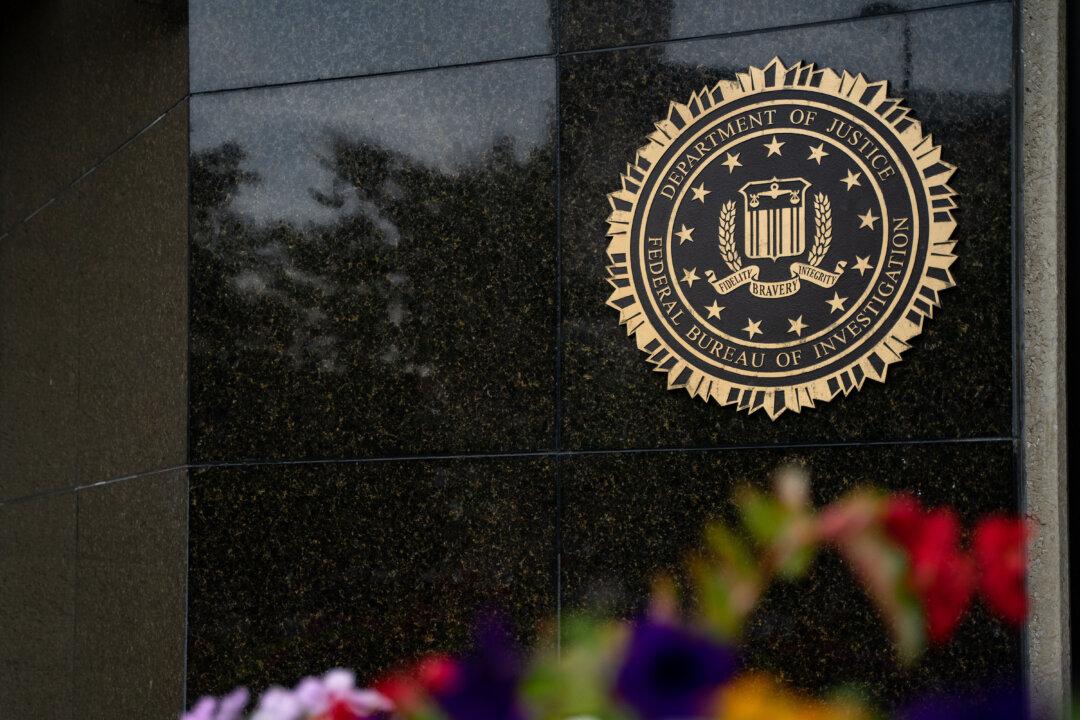The FBI is undermining the Freedom of Information Act (FOIA) by shielding items that should be disclosed to the public under nebulous categories such as digital evidence, according to a lawyer working on a high-profile FBI records case.
“The FBI can say anything is digital evidence and they don’t enter it into their index systems and nobody ever knows about it, or nobody ever finds it,” Ty Clevenger, the lawyer, told The Epoch Times.





